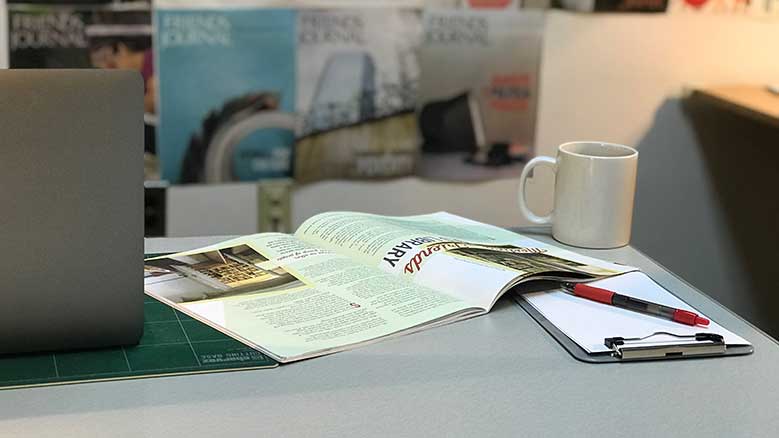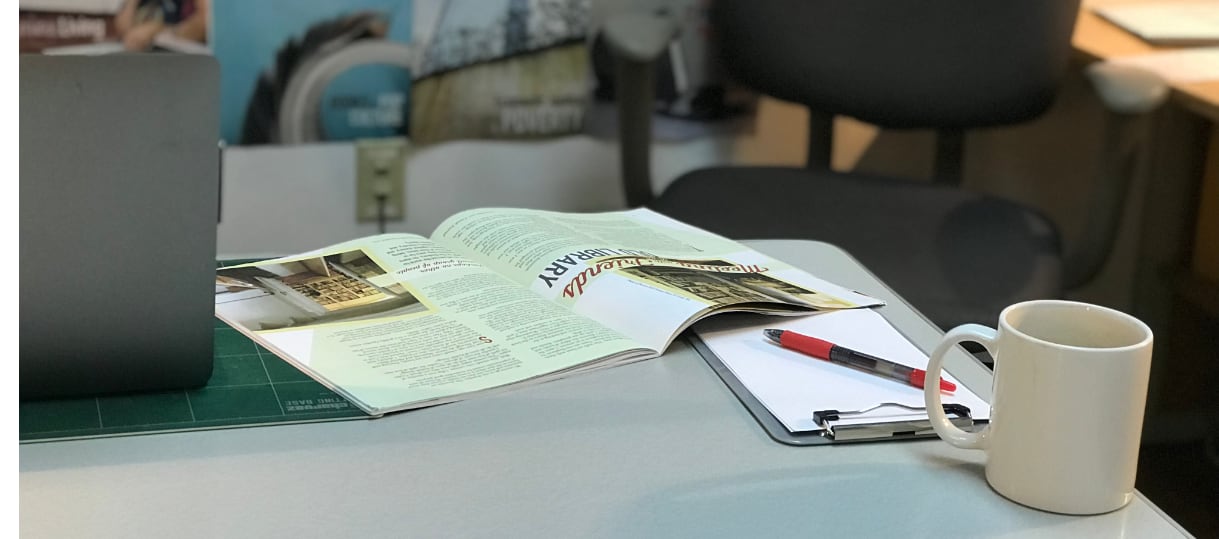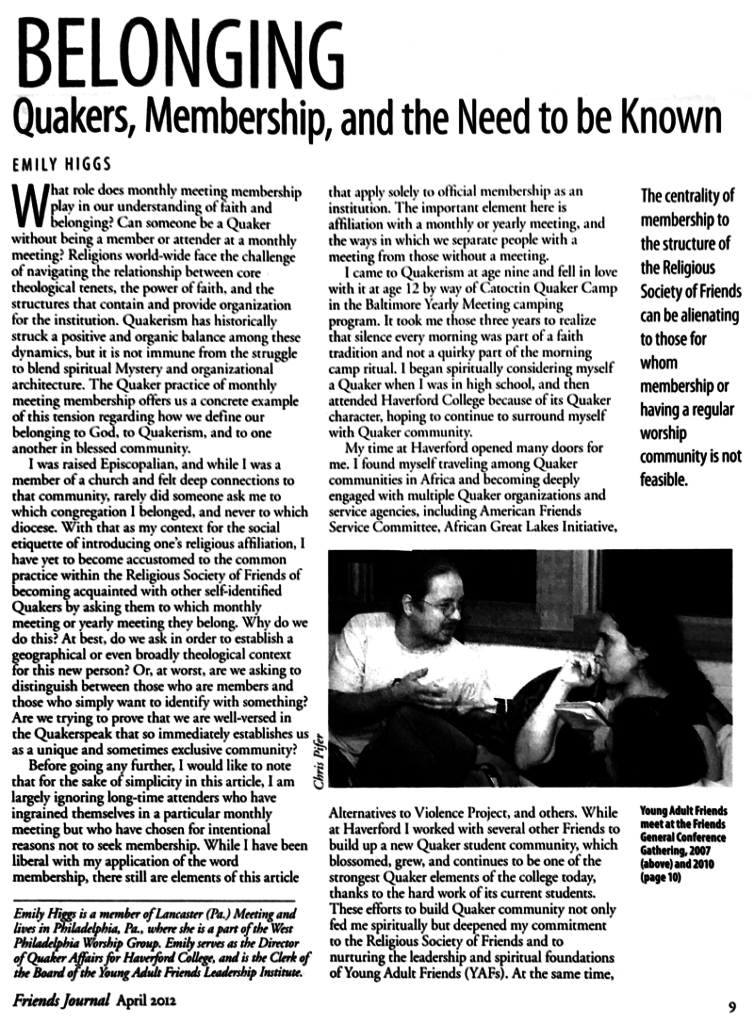- Features run 1200-2500 words (General information)
- Submissions close March 4, 2024 (Extended) (Ready? Submit here)
- Questions? Email martink@friendsjournal.org or message on Facebook or Twitter.
One of the perennial topics for Friends is membership in our society. Friends Journal has devoted special issues to it before, most recently in 2020. It’s perhaps the other end of a funnel that starts with outreach: we let people know we exist, bring them in, and slowly build relationships until they become part of us.
It sounds simple but as the idiom warns, the devil is in the details. How do we invite regular visitors to consider joining us? Are there ways to prepare them? Do we explicitly talk about membership? Do we regularly explain both what it is and how the process to join happens?
And do we ourselves have a common understanding of what it means? Some compare it to the commitment of a marriage and joining can be a major life milestone. But it can also be the acknowledgment of a relationship that’s already formed: a confirmation of the status quo. It can also sometimes be an administrative technicality, a toggle on the meeting contact spreadsheet.
There are a variety of pressures on the current membership model:
- Increased mobility means work and school often take us far from home meetings, especially for younger adult Friends.
- Quakers’ visibility on the Internet and outreach projects like our own QuakerSpeak video series mean seekers can find us even when there is no Friends meeting nearby.
- We continue to have ongoing questions of what qualifications might be needed or appropriate for membership.
- The emergence of new Quaker associations out of the breakup of historic yearly meetings raises questions for the status of ousted members.
- The newer phenomenon of hybrid and online-only meetings for worship means isolated seekers have a way to connect with Friends worship but no brick-and-mortar meeting to affiliate with.
- Shrinking memberships, combined with the increased time pressures of modern life, have made it harder for outreach and clearness committees to operate effectively in many meetings and Friends churches.
- Experiments with at-distance and/or yearly-meeting-sponsored memberships are raising a host of questions about how individuals relate to larger Quaker bodies and vice versa.
In addition to identity, there are all sorts of questions about the expectations and duties of members.
- How do we explain the membership process to regular visitors? How do we balance being non-pushy with being non-communicative?
- Are there benefits or expectations that membership provides, i.e., eligbility on certain committees or financial support?
- How do we support and communicate with members who have stopped participating in the life of the meeting, either because they might have moved, or become disinterested, or are physically unable to attend?
As always, these ideas are just suggestions, and we’re happy to read whatever readers think about the current state and future of membership.
Submissions are now due March 4, 2024 (extended)
Submit: Membership.
Other upcoming issues:
- 400th Anniversary of George Fox’s Birthday (June-July issue, due Mar. 18)
- Unthemed issue (August issue, due May 20)
- Relationships (September issue, due June 17)
Learn more general information at Friendsjournal.org/submissions.





I don’t want to write a whole article but here a few thoughts on membership you might include in some way:
1. We are naming what already exists. If it is clear to both the person applying for membership and their clearness committee that they have definitely become a part of the meeting’s community, then saying they are a member is just following our testimony of integrity.
2. I tell people who are thinking of becoming members to apply these tests:
Do you say “Those Quakers” or “We Quakers”?
Do you say “I go to a Quaker meeting” or “I’m a Quaker”?
3. Clearness for membership and clearness for marriage are in so many ways the same process.
4. Each meeting is permitted to have its own tests for membership. A funny story: My mother years ago asked if she needed to believe in the divinity of Jesus in order to join a little meeting that had sprung up in my hometown in Connecticut. The answer was “yes” (In my meeting, Morningside in NYC, it would have been “no”.) So she gave up the idea and kept going to the Congregational Church with my father. Much later it hit me that to be a Congregationalist you are supposed to believe in the divinity of Jesus, so I pointed that out to her. “Oh, if I became a Quaker I would have to be truthful” she answered.